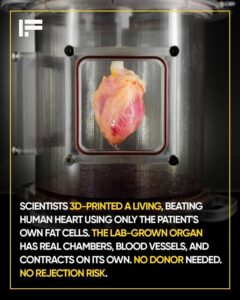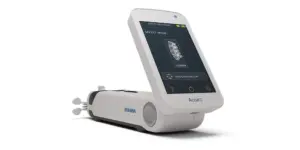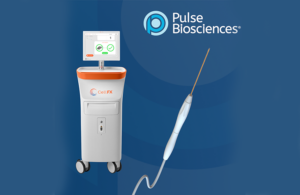
Scientists 3D print a living, beating human heart
Researchers at Tel Aviv University achieved a medical milestone once thought impossible: creating a living, beating human heart using a patient’s own fat cells.

Researchers at Tel Aviv University achieved a medical milestone once thought impossible: creating a living, beating human heart using a patient’s own fat cells.

Zoll announced today that it launched its next-generation LifeVest wearable cardioverter defibrillator (WCD) in the U.S.

Researchers have developed a new compact Raman imaging system that is sensitive enough to differentiate between tumor and normal tissue. The system offers a promising route to earlier cancer detection and to making molecular imaging more practical outside the lab.

A tiny percentage of our DNA—around 2%—contains 20,000-odd genes. The remaining 98%—long known as the non-coding genome, or so-called ‘junk’ DNA—includes many of the “switches” that control when and how strongly genes are expressed.

The next evolution of truFlex fortifies its position as a versatile solution for rehabilitation with new applications in functional strength for the abdomen, arms, calves, glutes and thighs.

The Accuro 3S Needle Guide Kit, designed for use with the Accuro 3S ultrasound imaging system and Dual-Array transducer, includes single-use, sterile components that support infection control and promote workflow efficiency

The KPAP sleep therapy platform is developed to offer an adaptive and patient-focused alternative to traditional CPAP therapy

Pulse Biosciences (Nasdaq:PLSE) announced today that the FDA granted investigational device exemption (IDE) for a pulsed field ablation (PFA) study.

Abbott (NYSE: ABT)+
announced today that it received FDA clearance for its Amplatzer Piccolo delivery system for use with the Amplatzer Piccolo Occluder.

GlucoModicum today unveiled Sofio, which it labels the world’s first needle-free glucose monitor based on magneto-hydrodynamics (MHD).